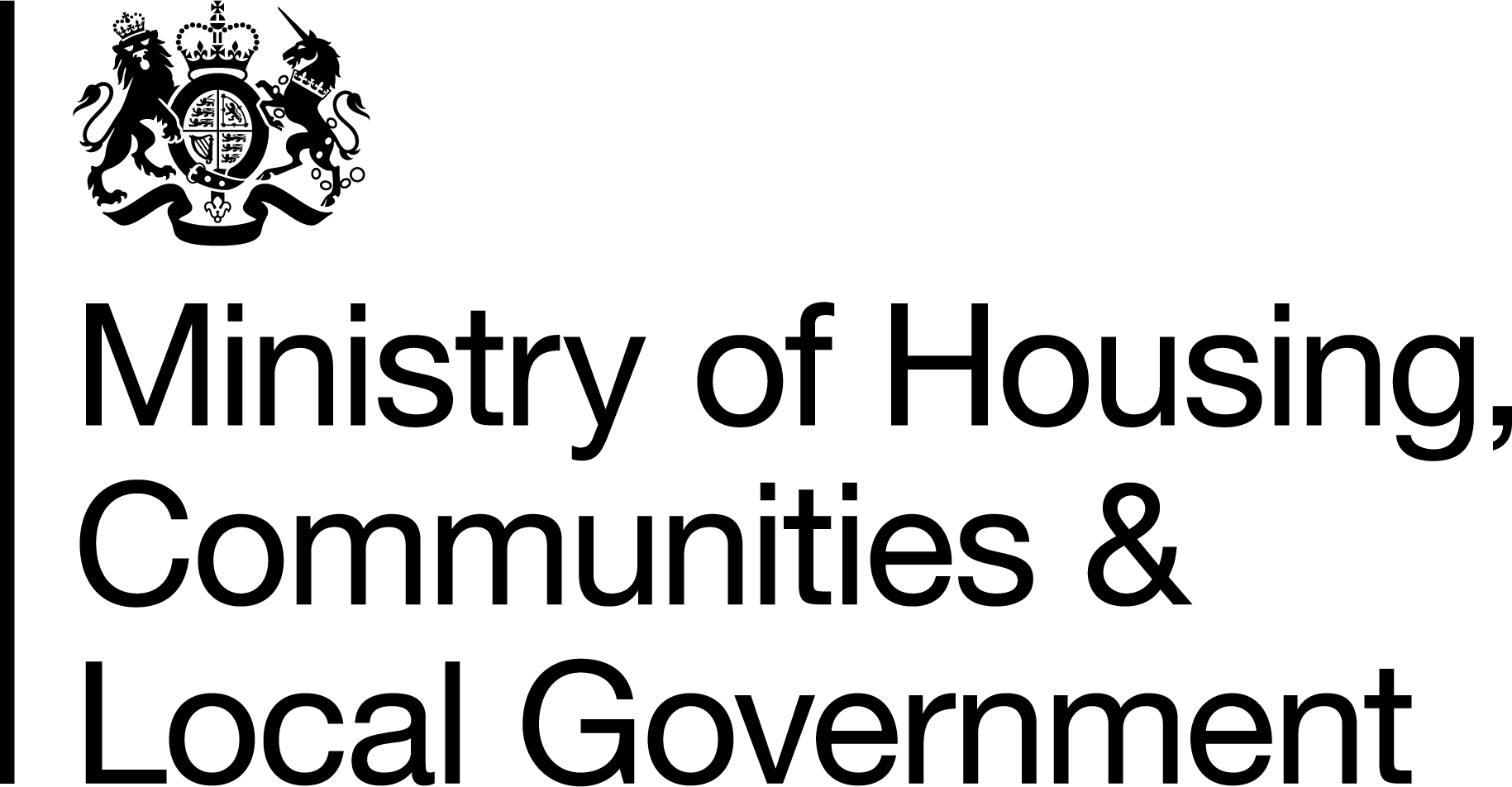Somerset Unitarisation
Overview
|
Residents and businesses in Somerset are currently served by a two-tier system of local government. Somerset County Council is responsible for services such as adult and children’s social care, maintaining roads and libraries, and the District Councils – Mendip, Sedgemoor, Somerset West and Taunton and South Somerset - are responsible for services such as rubbish collection, housing and planning and environmental health. The five councils in Somerset have been developing ideas about restructuring local government for some time and requested an invitation from the Secretary of State to submit proposals for unitary local government – a single tier of local government delivering all of the local government services for the area. On 9 October 2020 the Secretary of State invited the five Somerset councils, and the neighbouring unitary councils of North Somerset and Bath & North East Somerset, to submit locally led proposals for unitary local government. The Secretary of State received two proposals from councils in Somerset: The four district councils - Mendip, Sedgemoor, Somerset West and Taunton and South Somerset – jointly submitted a proposal for two unitary councils: Eastern Somerset comprising the area covered by Mendip and South Somerset District Councils and Western Somerset comprising area covered by Sedgemoor and Somerset West & Taunton District Councils Somerset County Council submitted a proposal for a single unitary council for the area of Somerset County The links to both proposals are at the bottom of the page in Related Links You can respond to one or both proposals.
|
Why your views matter
We welcome the views of all those interested in these proposals, including local residents, town and parish councils, businesses and the voluntary sector.
Before implementing a proposal, the Secretary of State is required to consult any local authority that is affected by the proposal (but which has not submitted it), and any such other persons as he considers appropriate.
The Secretary of State is therefore consulting the councils which made the proposals, other councils affected by the proposals and the councils in neighbouring areas which may be affected by the proposals.
He also considers it appropriate to consult public service providers, including health providers and the police, Local Enterprise Partnerships, and certain other business, voluntary sector and educational bodies. A full list of the named consultees is at Annex B in the consultation document - see link at the bottom of this page to the full consultation document.
Please use the link below to respond to the consultation, but if you prefer you can email your response to the questions in this consultation to unitaryconsultation@communities.gov.uk
If you are responding in email or writing, please make it clear which area and questions you are responding to. Written responses should be sent to:
Governance Reform and Democracy
Ministry of Housing, Communities and Local Government
2 Marsham Street
London
SW1P 4DF
If you are replying by email or post, please would you confirm whether you are replying as an individual or submitting an official response on behalf of an organisation and indicate the nature of the organisation and include:
-
your name,
-
Are you responding as a resident or on behalf of an organisation? Please indicate as below:
-
Resident living in area affected
-
Resident not living in area affected
-
Business organisation
-
Education organisation
-
Local Government organisation - principal council
-
Local Government organisation - parish/town council
-
Local Government organisation - other
-
Police organisation
-
Fire organisation
-
Health organisation
-
Other
-
-
your position in the organisation and what is the organisation's name (if applicable),
-
an email address
The Government is also consulting on local government reform in Cumbria and North Yorkshire – see links below.
What happens next
On 22 February 2021 the Secretary of State launched a statutory consultation on eight locally led proposals for local government reorganisation received from councils in Cumbria, North Yorkshire, and Somerset. He welcomed views from any interested persons, including residents.
The consultation closed on 19 April and received 13,020 responses. Of these, 3,225 were in relation to Cumbria, 4,297 in relation to North Yorkshire, and 5,498 in relation to Somerset.
After careful consideration of the eight locally led proposals, all representations received, including the 13,020 responses to the statutory consultation, and of all other relevant information available to him, including for Somerset the results of a local poll and the representations received about it and its conduct, the Secretary of State has decided to implement, subject to Parliamentary approval:
- For Cumbria, a proposal submitted by Allerdale and Copeland councils for two unitary councils – the East unitary covering Barrow, Eden and South Lakeland and the West unitary covering Allerdale, Carlisle and Copeland.
- For North Yorkshire, a proposal submitted by the county council for a single unitary for the whole of the administrative county of North Yorkshire.
- For Somerset, a proposal submitted by the county council for a single unitary covering the whole of the administrative county of Somerset.
Establishing these new unitary councils will help ensure the people and businesses across Cumbria, North Yorkshire and Somerset can have the sustainable high-quality local services they deserve.
The Secretary of State announced these decisions to Parliament via a Written Ministerial Statement which you can access here https://questions-statements.parliament.uk/written-statements/detail/2021-07-21/hcws234. The Secretary of State intends around the turn of the year to lay before Parliament the draft Orders which, if approved by Parliament, will give effect to these decisions, leading to elections for the unitary councils in May 2022 and for those councils to be fully up and running from April 2023

Share
Share on Twitter Share on Facebook